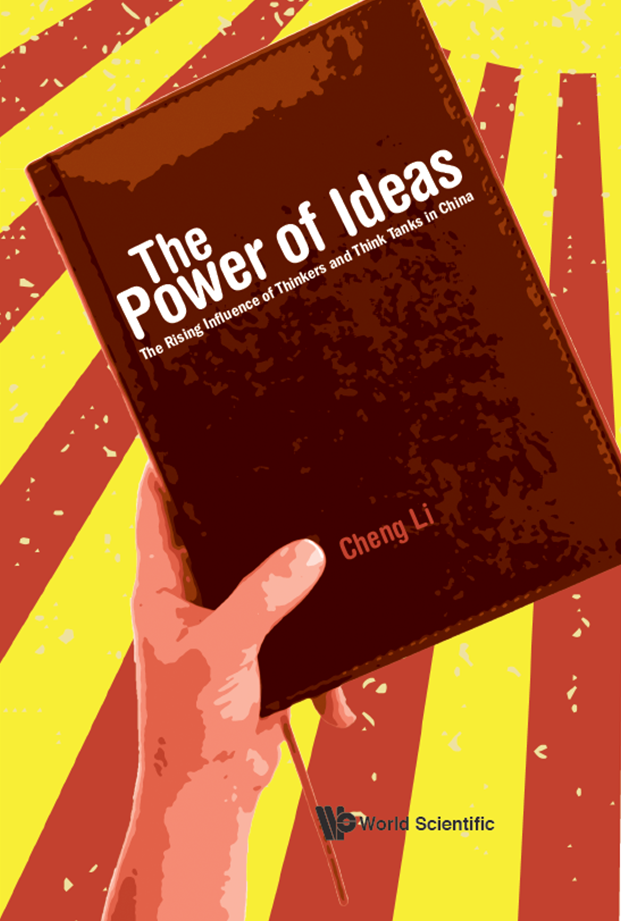Content from the Brookings-Tsinghua Public Policy Center is now archived. Since October 1, 2020, Brookings has maintained a limited partnership with Tsinghua University School of Public Policy and Management that is intended to facilitate jointly organized dialogues, meetings, and/or events.
Under Xi Jinping’s leadership, think tanks have become increasingly important to assessing and crafting domestic and foreign policy in China. Understanding this recent development is crucial for overseas China watchers. What are the leading think tanks in China and who are the key players in these institutions? What are the dynamics between the Chinese government and think tanks? Are China’s efforts to promote new types of think tanks likely to succeed?
In The Power of Ideas: The Rising Influence of Thinkers and Think Tanks in China, Cheng Li presents a multi-faceted examination of think tank development in China. He introduces prominent Chinese thinkers, analyzes the factors contributing to the rapid rise of Chinese think tanks, and delves into the complex interactions between the government and think tanks in China’s policymaking process.
Li explains how, contrary to the common perception that China’s think tanks are mere rubber stamps for government policies, these institutions maintain a much more complicated relationship with the government. Scholars in Chinese think tanks often hold different views from those in government, and these scholars, who are able to access policymakers through an impressive variety of channels, generally constitute a potent force in shaping public policy. Li also explores how the expanding roles of Western-educated elites in Chinese think tanks will continue to support a more pluralistic environment for policy discourse in China.
The Power of Ideas is an invaluable resource for students, academics, NGO professionals, and business entrepreneurs who are interested in learning about the influence that Chinese think tanks—along with the nation’s leading public intellectuals—wield over China’s domestic development and foreign policy. As a compilation of eight years’ worth of Li’s ideas and publications on Chinese think tanks and thinkers, this book serves as a waypoint in a field of inquiry that will only continue to expand and deepen.
Authors

